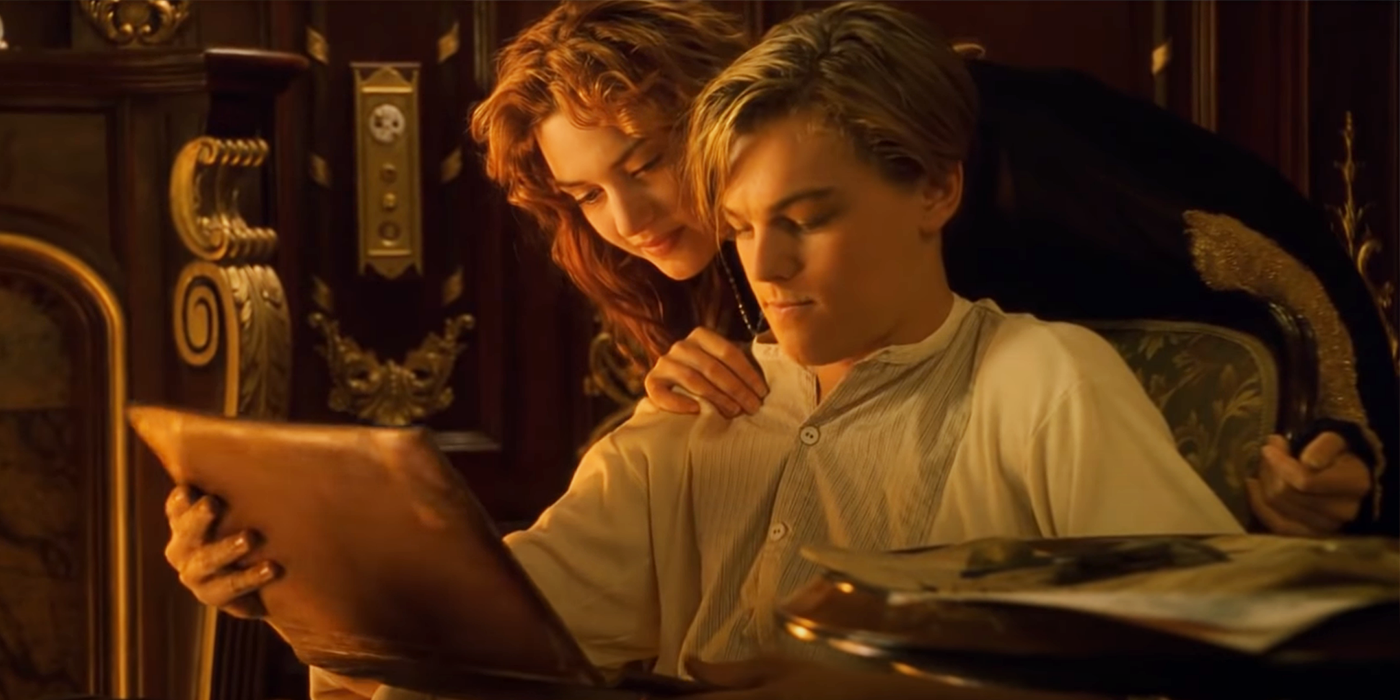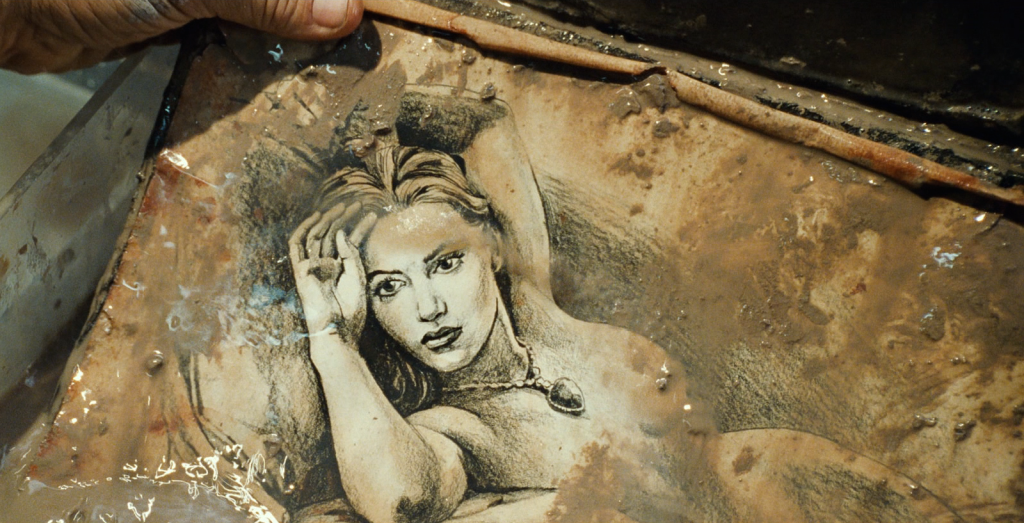Introduction
The Titanic movie is celebrated for its timeless love story, stunning visuals, and attention to historical details. One of its most famous scenes is the Titanic painting scene, in which Rose DeWitt-Bukater’s love interest, Jack Dawson, immortalises her on canvas. This essay examines the significance of this scene, the true story that inspired the painting, and how it has remained seared into the collective consciousness.
The Titanic Painting Scene
One of the most moving scenes in James Cameron’s epic movie is the Titanic painting scene. It’s a crucial sequence that not only shows Rose and Jack’s budding romance but also represents Rose’s own struggle to restore her freedom and sense of self.
A Passionate Director’s Touch
James Cameron, the visionary director behind Titanic, took a deeply personal approach to this iconic scene. As a passion project, Cameron immersed himself in the historical intricacies of the Titanic, ensuring that every detail, including the painting of Rose, was as authentic as possible. This dedication adds an extra layer of significance to the scene.

The Real Rose Behind the Painting
Kate Winslet, who portrayed Rose in the film, played a crucial role in bringing authenticity to the Titanic painting scene. She posed for reference photos in various positions, providing James Cameron with the necessary visual cues to create an accurate representation of Rose on canvas. This real-life connection between the actress and the painting adds depth and authenticity to the scene.
James Cameron’s Artistry
Notably, it was James Cameron himself who sketched the painting, infusing it with his artistic talents. This choice by the director was deliberate, as it allowed him to contribute his personal touch to this pivotal aspect of the film.

Flipping the Canvas
James Cameron’s role as the artist also posed a unique challenge during the filming of the Titanic painting scene. Cameron is left-handed, while Jack Dawson is portrayed as right-handed in the film. To maintain continuity, Cameron created two versions of the painting, one with Rose in the opposite orientation. Post-production adjustments ensured that the painting matched the scene’s context perfectly.
A Real Rose in a Titanic Painting
The Titanic painting is not just a prop or a print; it’s a creation infused with the director’s passion and the actress’s involvement. This adds a level of authenticity that elevates the scene from a mere cinematic moment to a significant symbol of artistic dedication.

Conclusion
The Titanic painting scene, which captures the director’s enthusiasm and the actress’s dedication, is a masterpiece within a masterpiece. It’s a scene that perfectly captures the essence of the movie: a love tale set against the backdrop of a tragic historical event, packed with ties to actual people and painstaking attention to detail. The Titanic artwork has endured as a symbol of James Cameron’s artistic ability and ambition to give the movie its own unique meaning, down to the last brushstroke.
Feature Image Courtesy: Paramount Pictures
Lost Treasures: Tragic Fate of Valuable Artworks and Lives in RMS Titanic





